Hi there, pet lovers! 🐷
Pigs are intelligent, social, and surprisingly clean animals that have grown in popularity as pets and homestead companions. Whether you’re considering a miniature pig as a household pet or a pasture-raised pig for small-scale farming, understanding their needs is crucial for their well-being.
This comprehensive guide covers everything from temperament and housing to diet and health care, helping you decide if a pig is the right addition to your life.
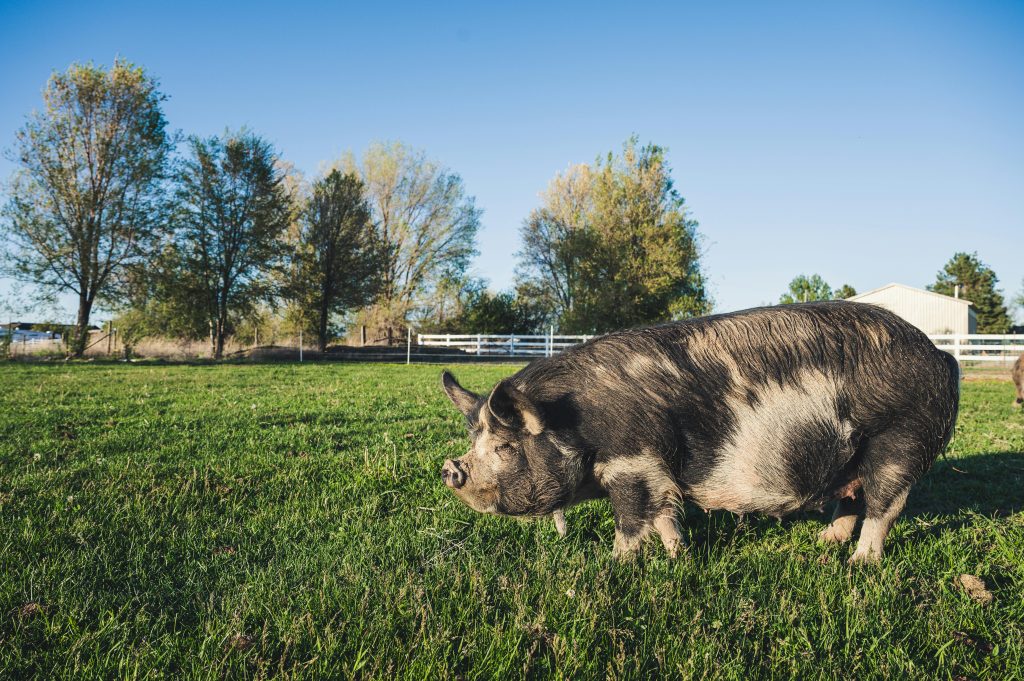
Overview
Pigs (Sus domesticus) are highly intelligent, affectionate, and long-lived mammals that require dedicated care. While they can be rewarding companions, they are not low-maintenance pets and thrive best with proper space, diet, and socialization. Here’s a quick summary:
- Handling and Temperament: Social and trainable but can be stubborn; requires patience.
- Care and Maintenance: High-maintenance due to dietary, space, and enrichment needs.
- Health and Durability: Generally hardy but prone to obesity and joint issues if improperly managed.
- Availability: Widely available from breeders, rescues, and farms.
- Cost: Moderate to high initial and ongoing expenses (housing, feed, vet care).
- Overall: Best suited for owners committed to long-term care and proper training.
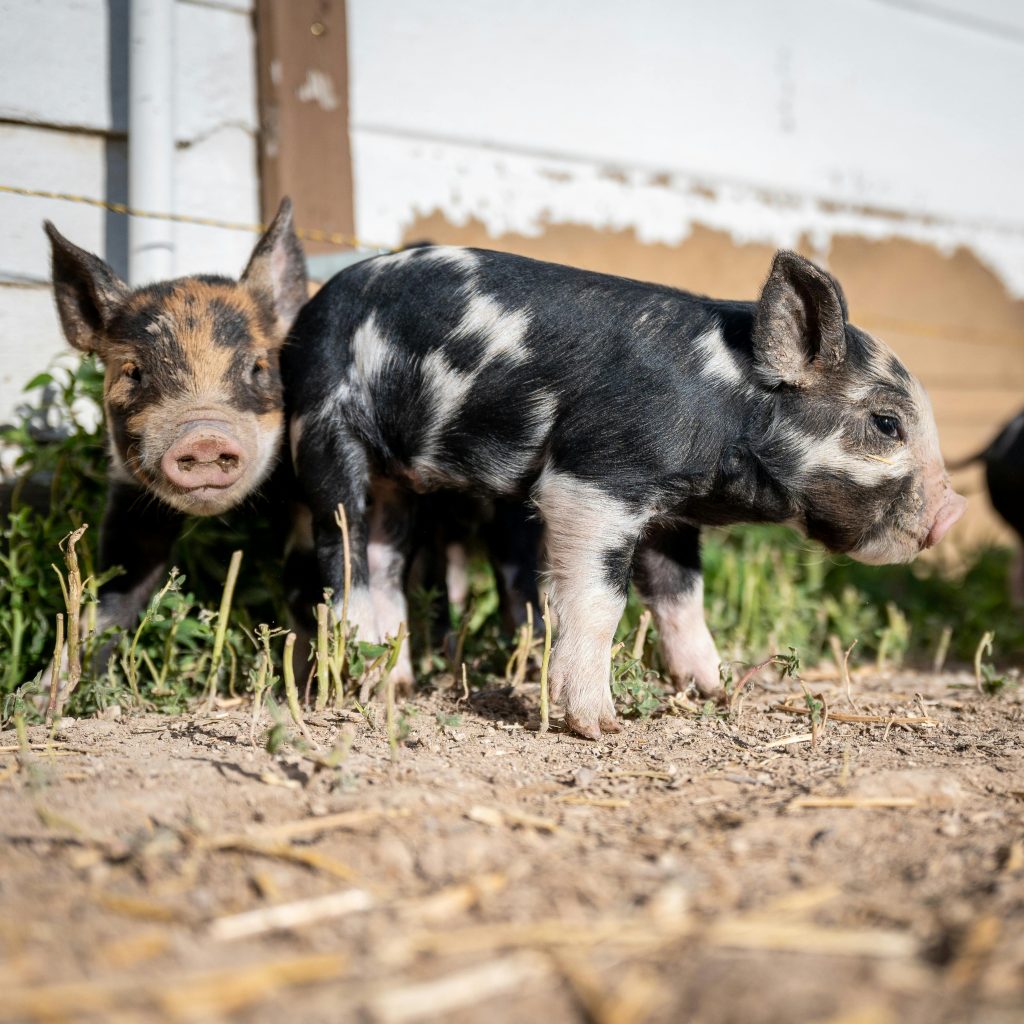
Why Choose a Pig as a Pet?
Pigs are uniquely rewarding animals, known for their intelligence (often compared to dogs) and affectionate nature. They form strong bonds with their owners and can even learn tricks, use litter boxes, and respond to their names.
However, they are not ideal for everyone. Pigs require space, mental stimulation, and a structured routine. They can live 12-20 years, making them a long-term commitment.
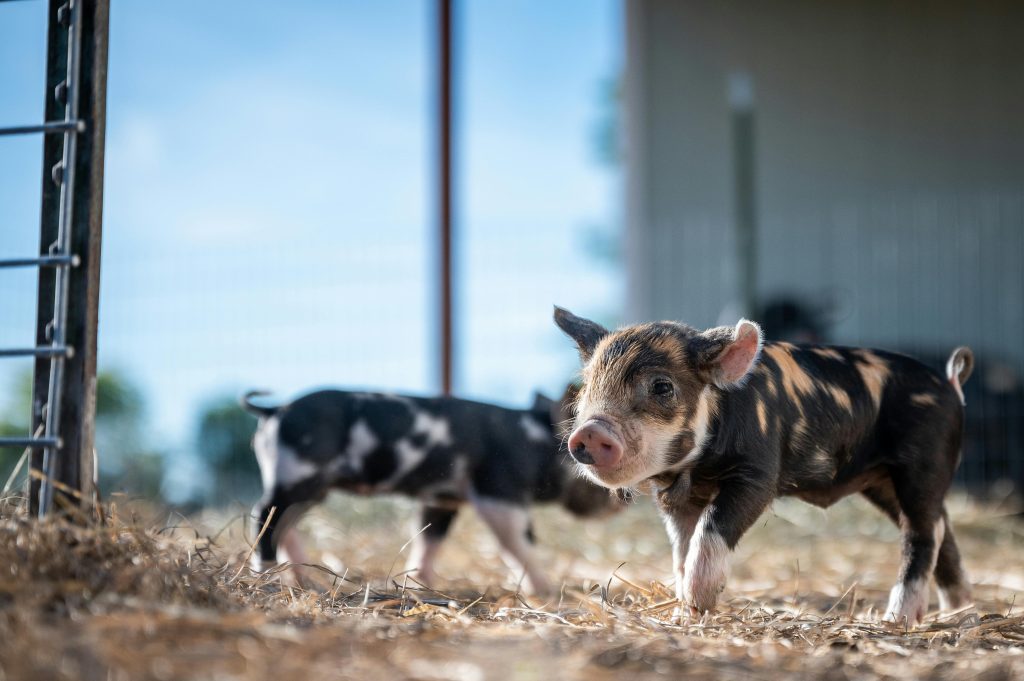
Handling and Temperament
Personality Traits
Pigs are curious, playful, and highly social. They thrive on interaction and can become depressed if left alone for long periods. Some pigs are cuddly, while others are more independent.
Training and Socialization
- Pigs are food-motivated, making them easier to train with positive reinforcement.
- Early socialization with humans and other animals is crucial to prevent aggression.
- They can be stubborn, so consistency in training is key.
Common Behavioral Challenges
- Rooting & Digging: Natural behavior that can destroy gardens or flooring.
- Vocalizations: Pigs grunt, squeal, and bark when excited or upset.
- Territorial Behavior: Unneutered males (boars) may become aggressive.

Care and Maintenance
Housing Requirements
- Indoor Pigs: Need a large, pig-proofed space with soft bedding (avoid hard floors to prevent joint issues).
- Outdoor Pigs: Require a secure shelter (insulated for winter, shaded for summer) and a durable fence (pigs can dig under weak barriers).
- Space Needs: Minimum 8×8 ft per pig for outdoor pens; larger is always better.
Diet & Nutrition
- Commercial Pig Feed: Balanced pellets formulated for mini pigs or farm pigs.
- Fresh Vegetables & Fruits: Leafy greens, carrots, apples (avoid toxic foods like onions, chocolate, and avocado).
- Foraging Opportunities: Pigs love rooting—provide straw, hay, or safe outdoor digging areas.
- Obesity Risk: Overfeeding is common; measure portions carefully.
Exercise & Enrichment
- Daily walks (with a harness) or secure outdoor playtime.
- Puzzle feeders and rooting boxes to prevent boredom.
- Social interaction (pigs should not be left alone for long periods).
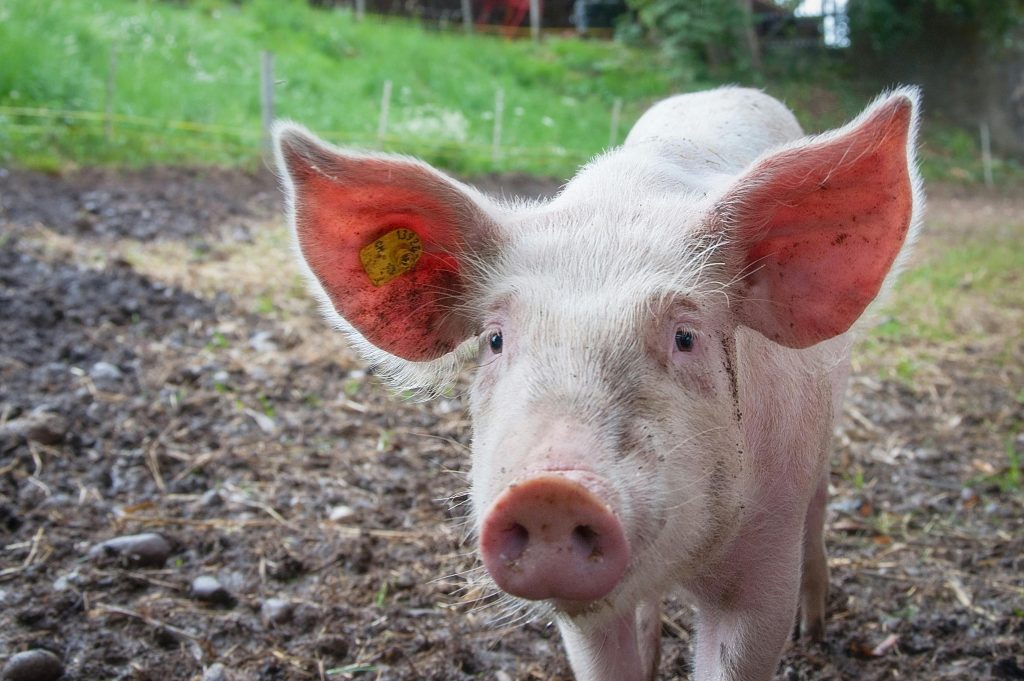
Health and Durability
Common Health Issues
- Obesity: Leads to arthritis, heart disease, and mobility problems.
- Skin Conditions: Dry skin or mites (regular baths with pig-safe shampoo help).
- Hoof & Joint Problems: Overgrown hooves need trimming every 6-12 months.
- Dental Issues: Pigs’ teeth grow continuously; provide chew toys.
Veterinary Care
- Exotic vets with pig experience are essential (not all vets treat pigs).
- Vaccinations & Parasite Control: Deworming and hoof trims are routine.
- Spaying/Neutering: Reduces aggression and health risks.
Lifespan
With proper care, pigs can live 12-20 years, depending on breed and living conditions. Miniature pigs often reach 15+ years, while larger breeds may have slightly shorter lifespans. Factors like diet, exercise, and preventative healthcare play a major role in longevity.
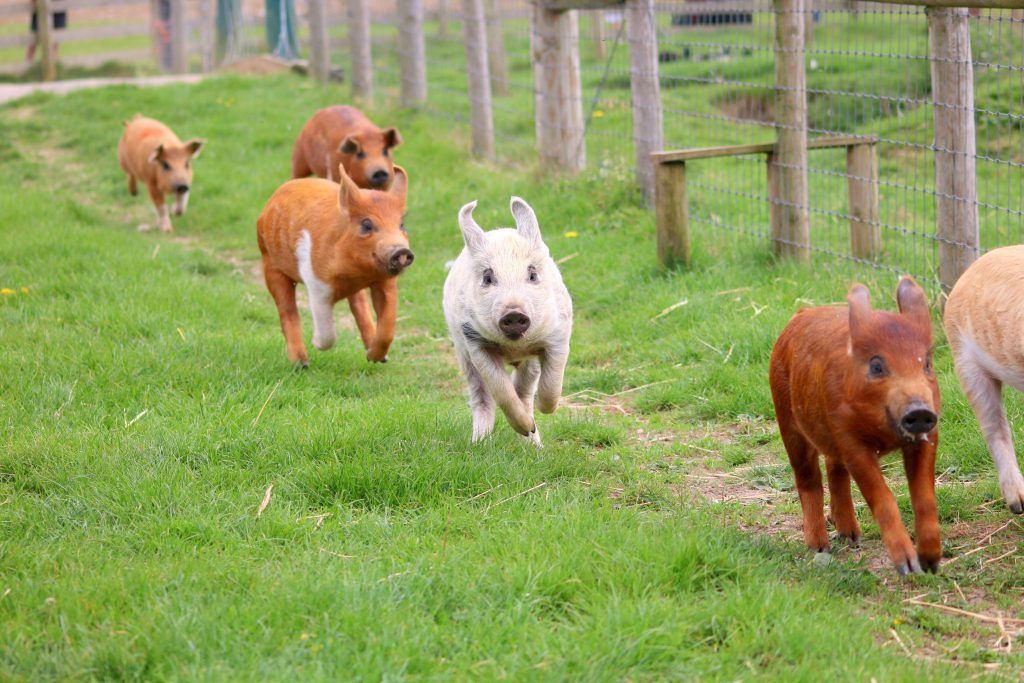
Availability and Cost
Where to Buy
- Reputable Breeders: Ensure ethical breeding practices.
- Rescues & Sanctuaries: Many pigs are surrendered due to improper care.
- Farm Supply Stores: For pasture-raised pigs (not recommended for first-time owners).
Initial & Ongoing Costs
- Purchase Price: $50–$500+ (depending on breed and rarity).
- Setup Costs: $500–$2,000 (housing, fencing, feeders).
- Monthly Expenses: $50–$150 (food, supplements, bedding).
- Vet Bills: $200+ annually (check-ups, hoof trims, emergencies).
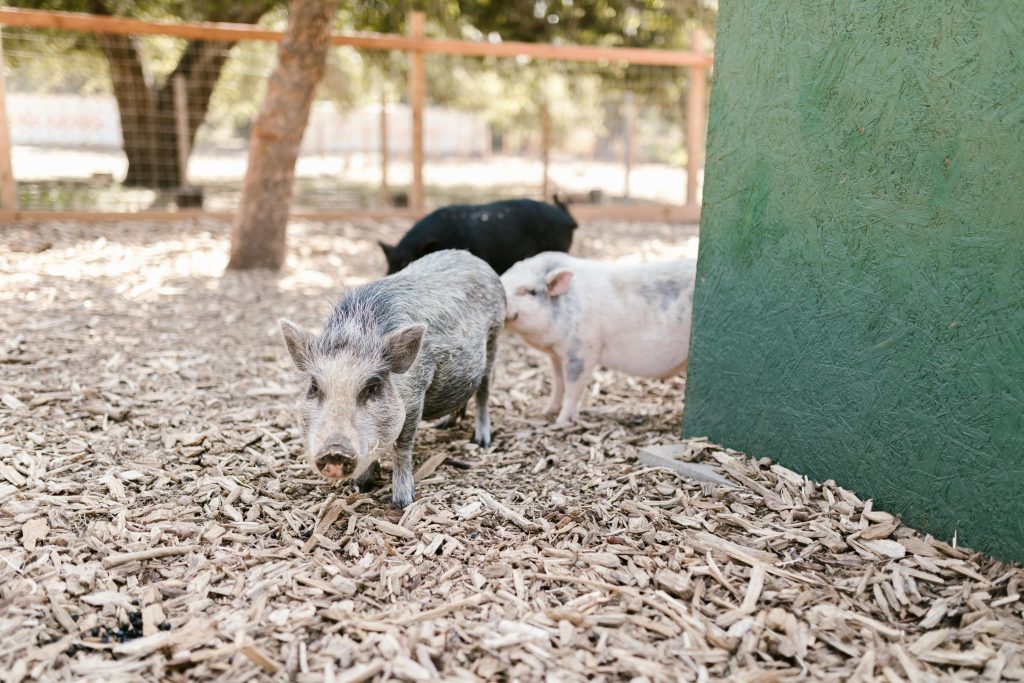
Pros and Cons
Pros
✔ Highly intelligent (can learn tricks and commands).
✔ Affectionate (forms strong bonds with owners).
✔ Cleaner than expected (can be litter-trained).
✔ Long lifespan (12–20 years with proper care).
Cons
✖ Requires significant space (not ideal for apartments).
✖ Can be destructive (rooting, chewing).
✖ Needs specialized vet care (not all clinics treat pigs).
✖ Prone to obesity (strict diet management needed).
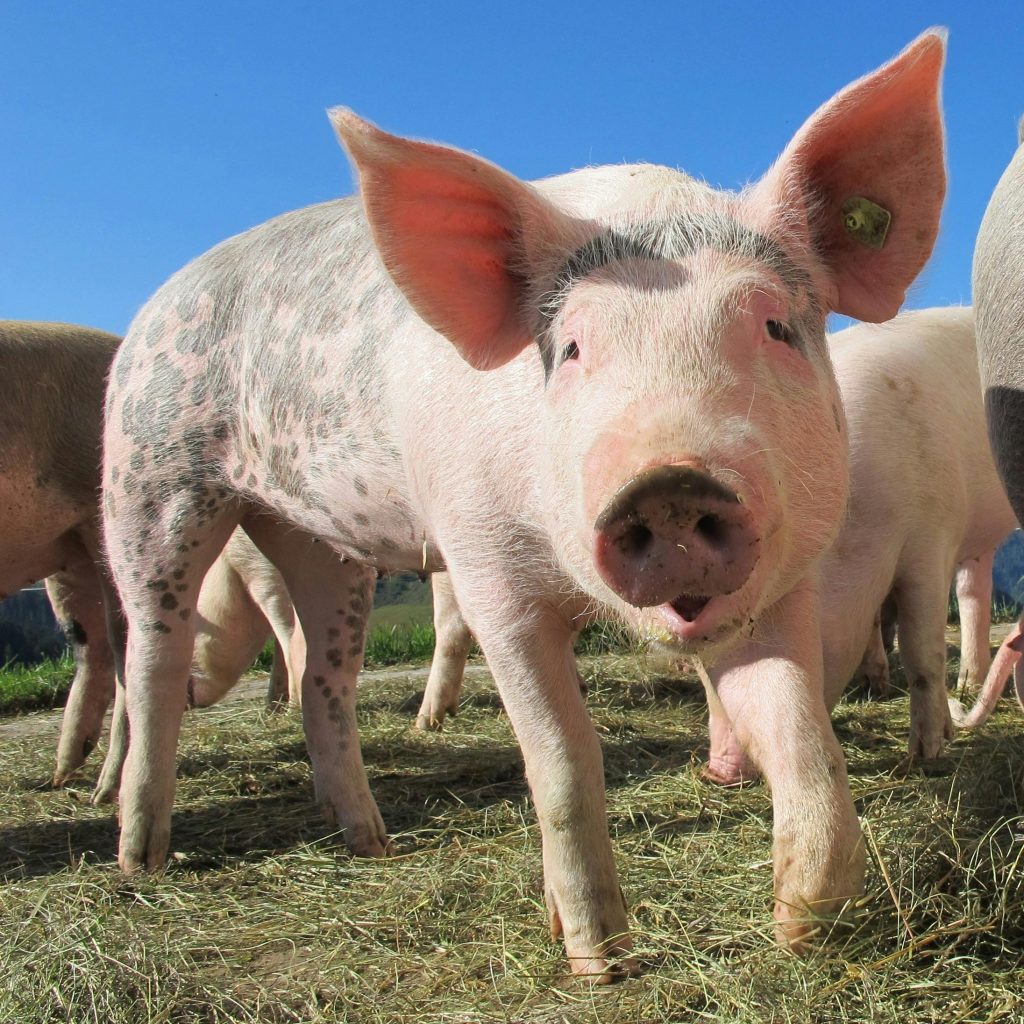
Final Thoughts
Pigs are incredible companions for the right owner—someone who can provide space, time, and structured care. They’re not low-maintenance pets, but their intelligence and affectionate nature make them deeply rewarding.
Before bringing a pig home, research local zoning laws (some areas ban pigs as pets) and ensure you have access to a pig-savvy vet. If you’re ready for the commitment, a pig can be a loyal, entertaining, and loving addition to your family.
Have experience with pigs? Share your tips in the comments below!
For more pet care guides, subscribe to our newsletter and stay tuned for expert advice! 🐷

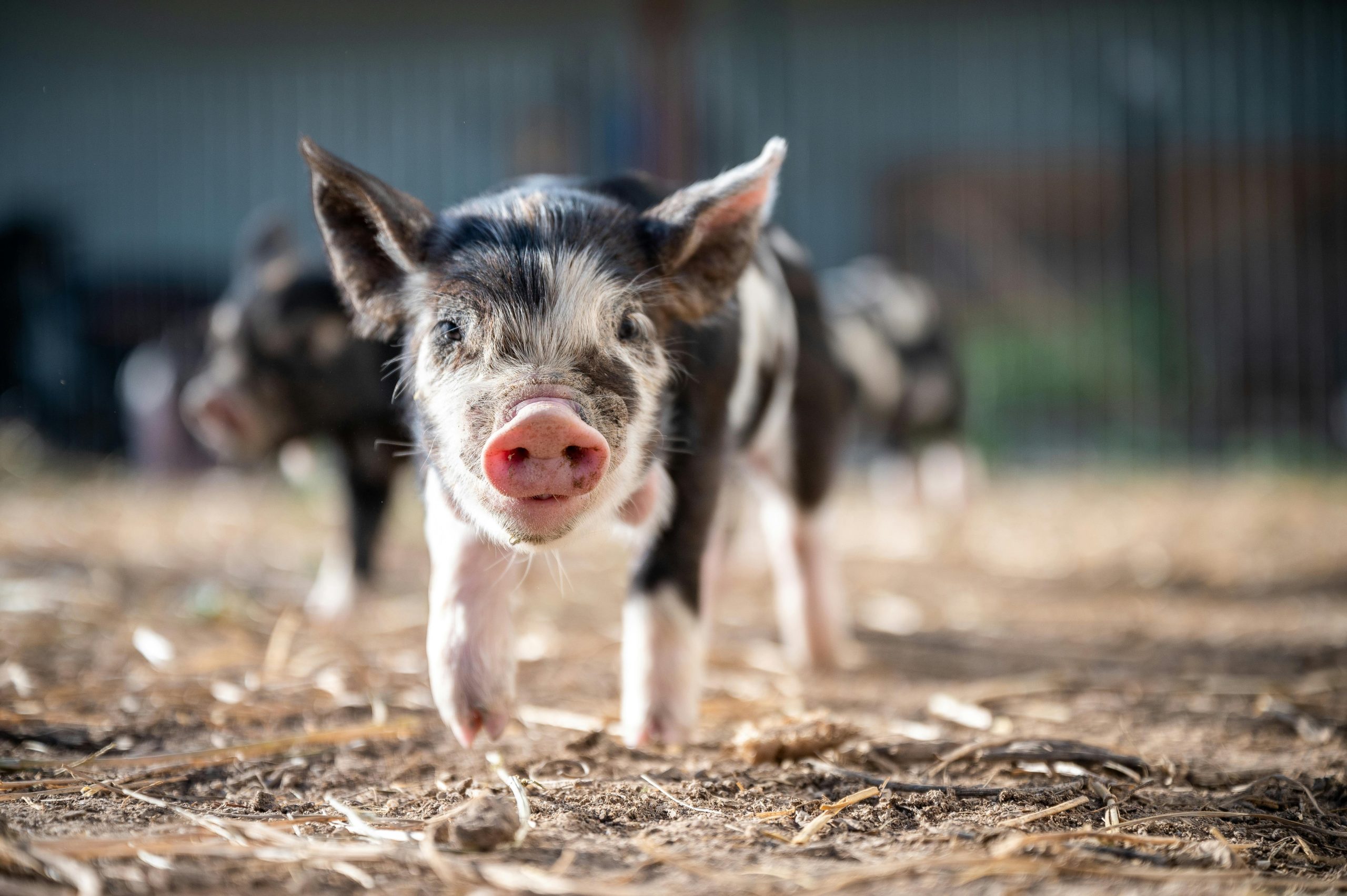


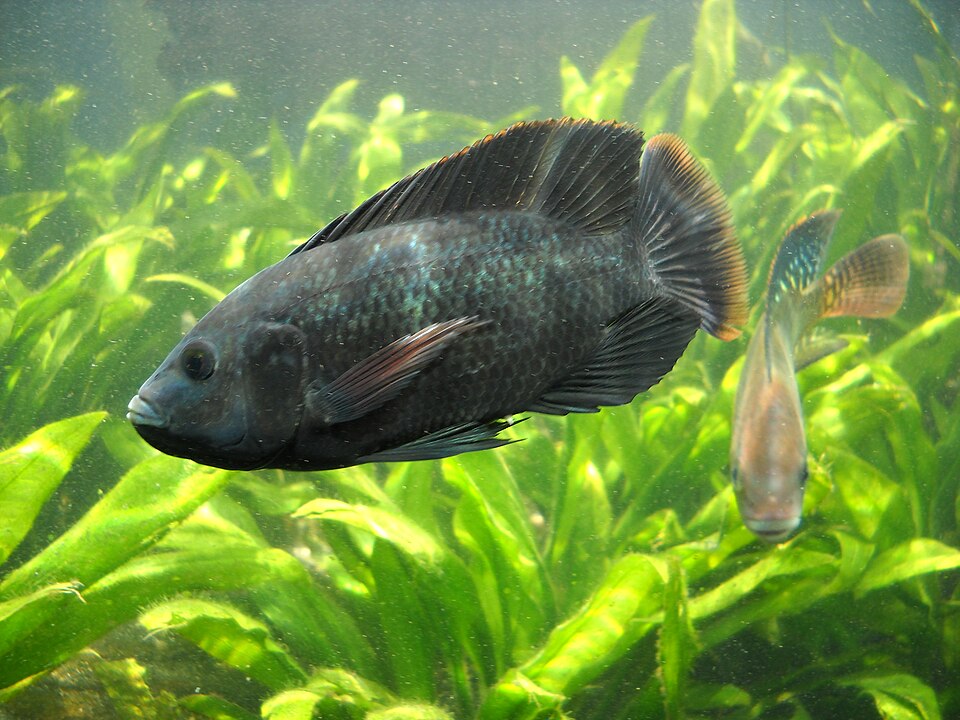
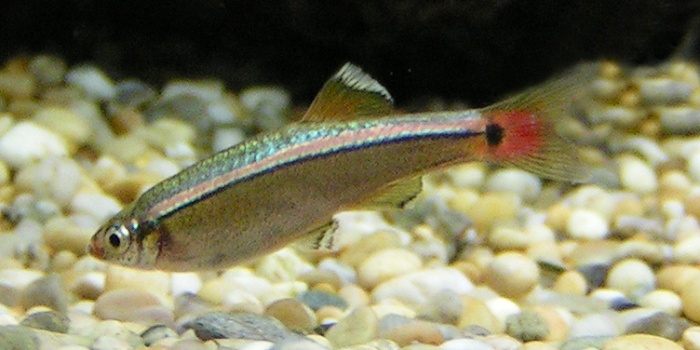
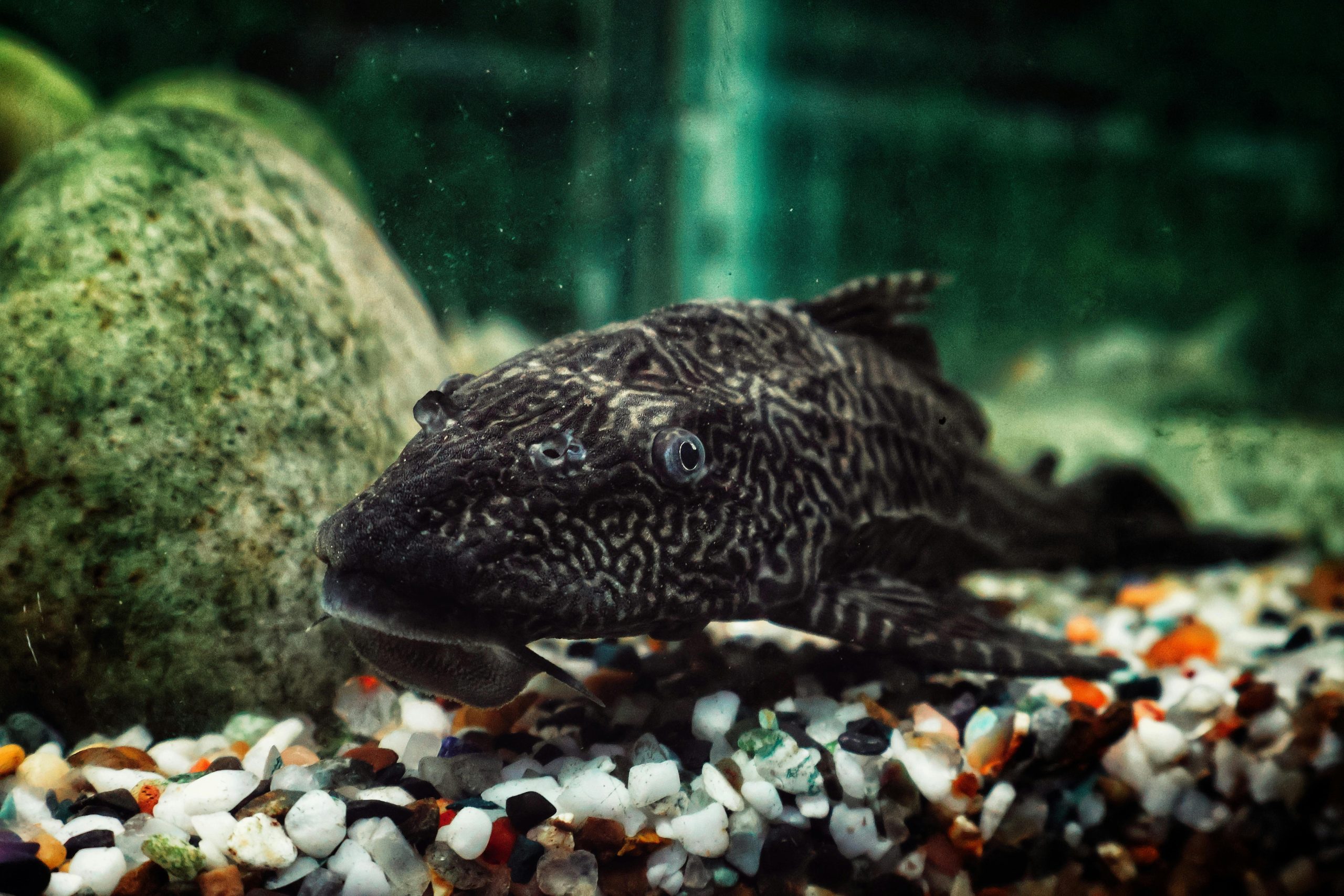
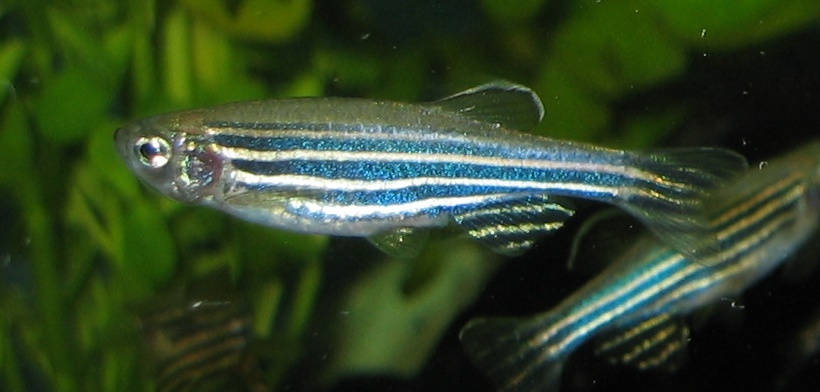
Leave a Reply